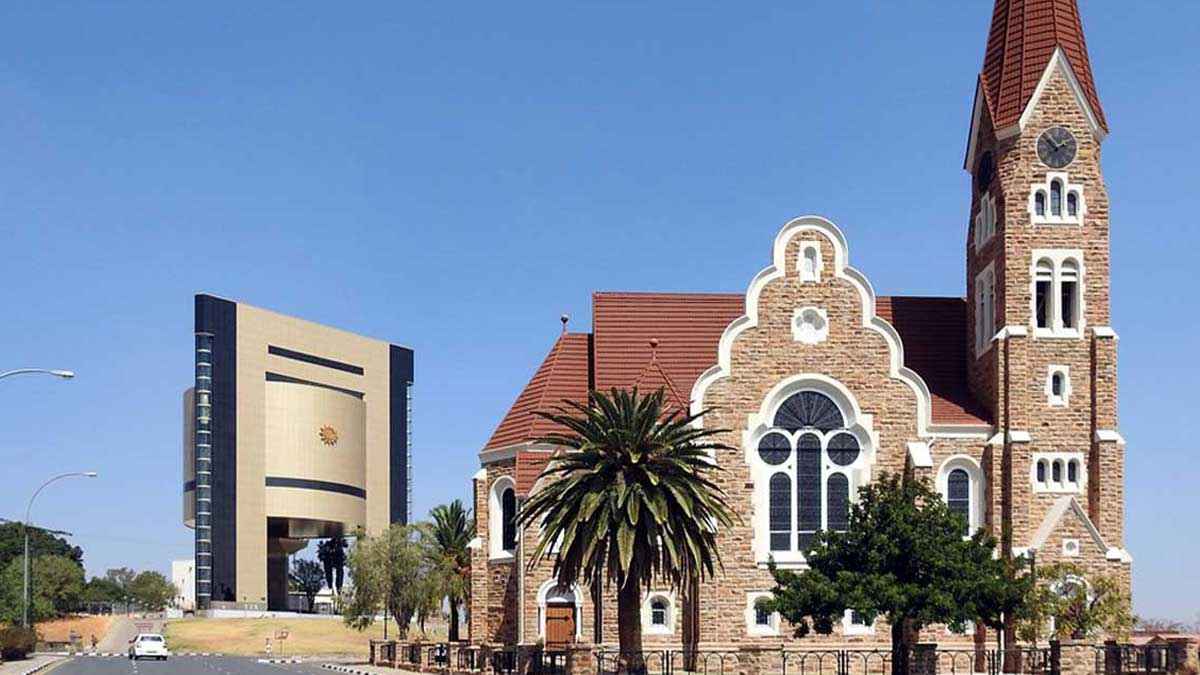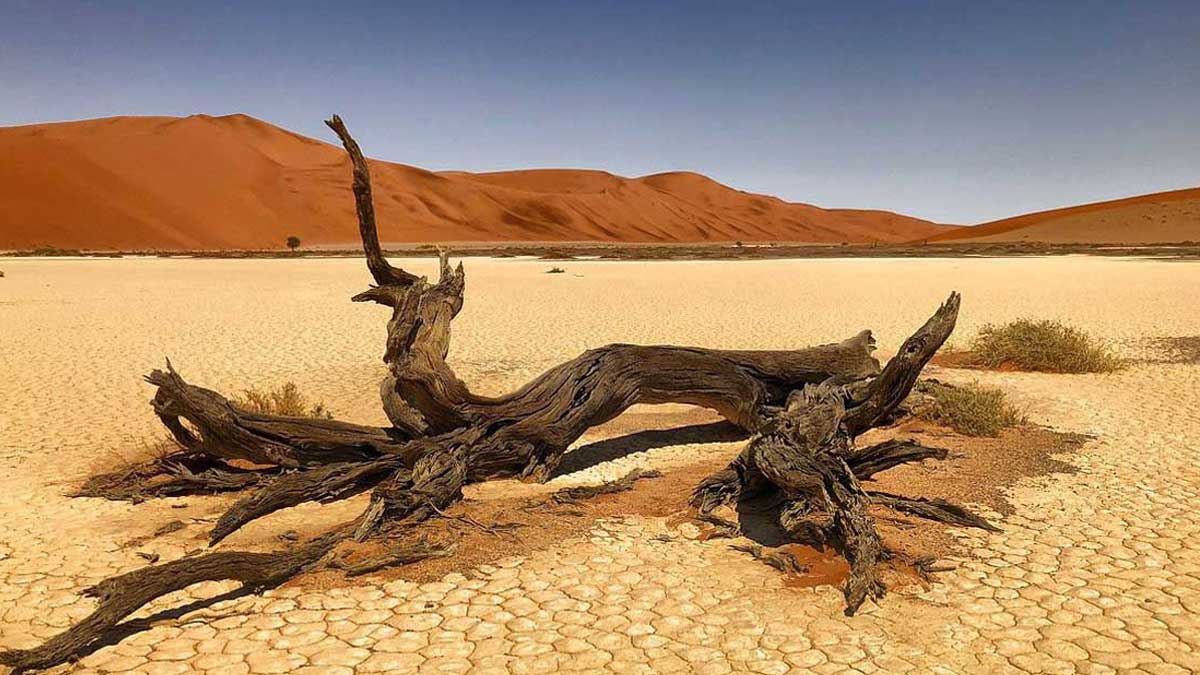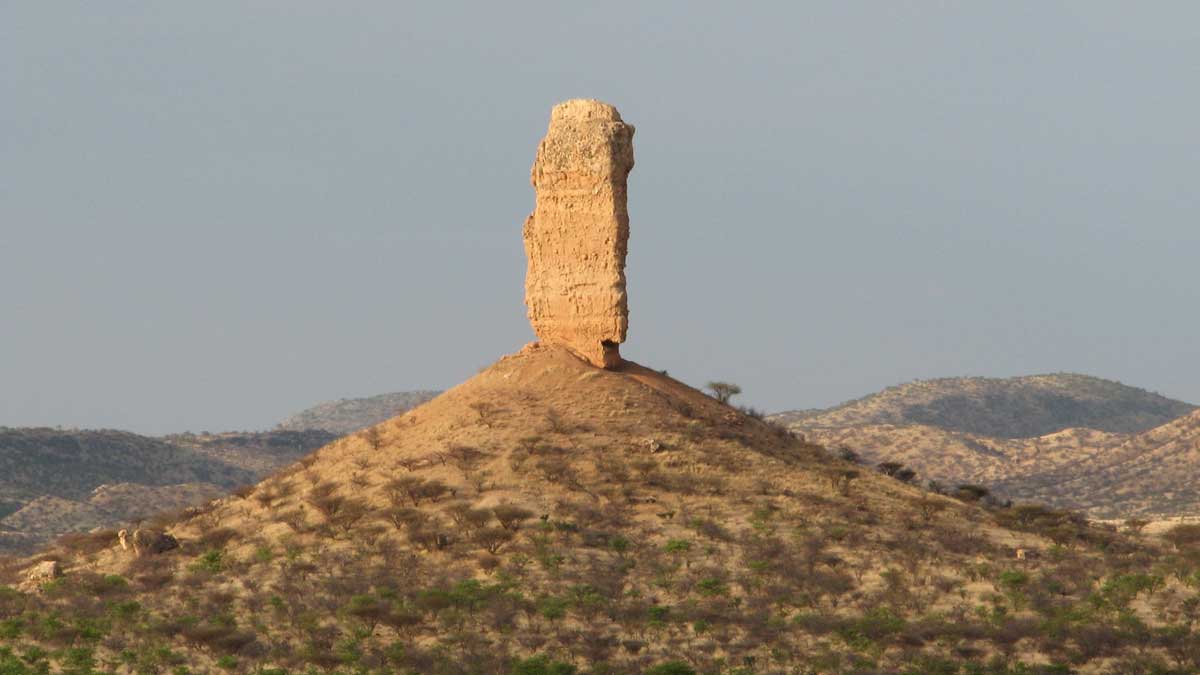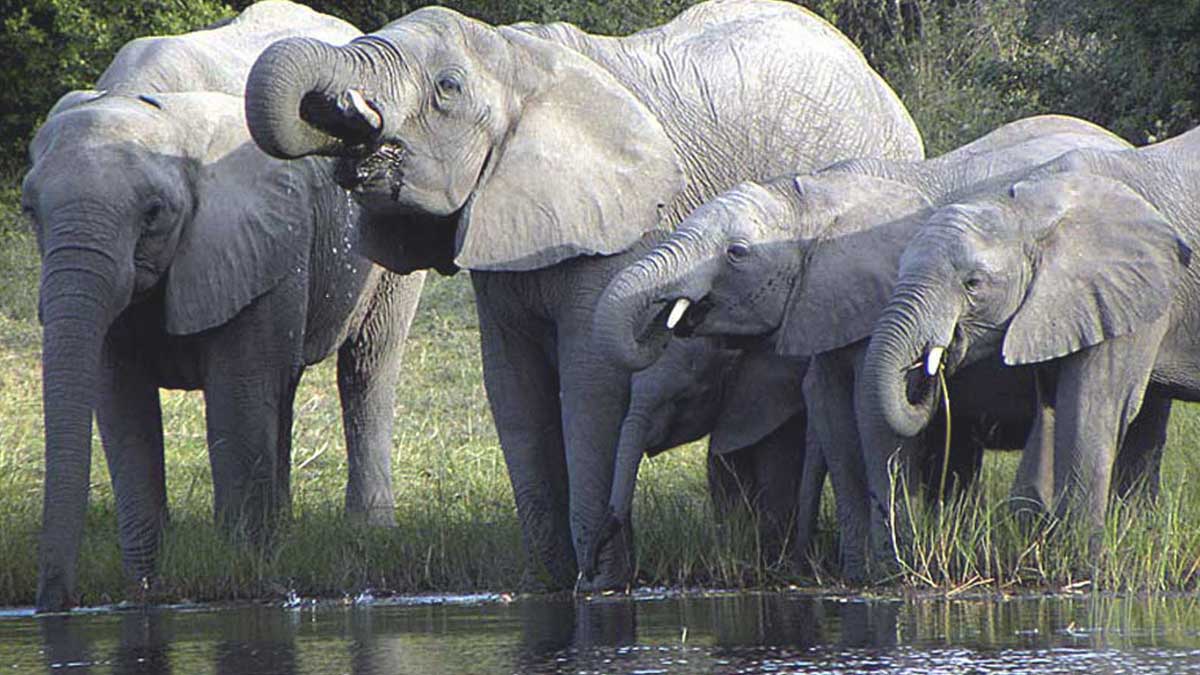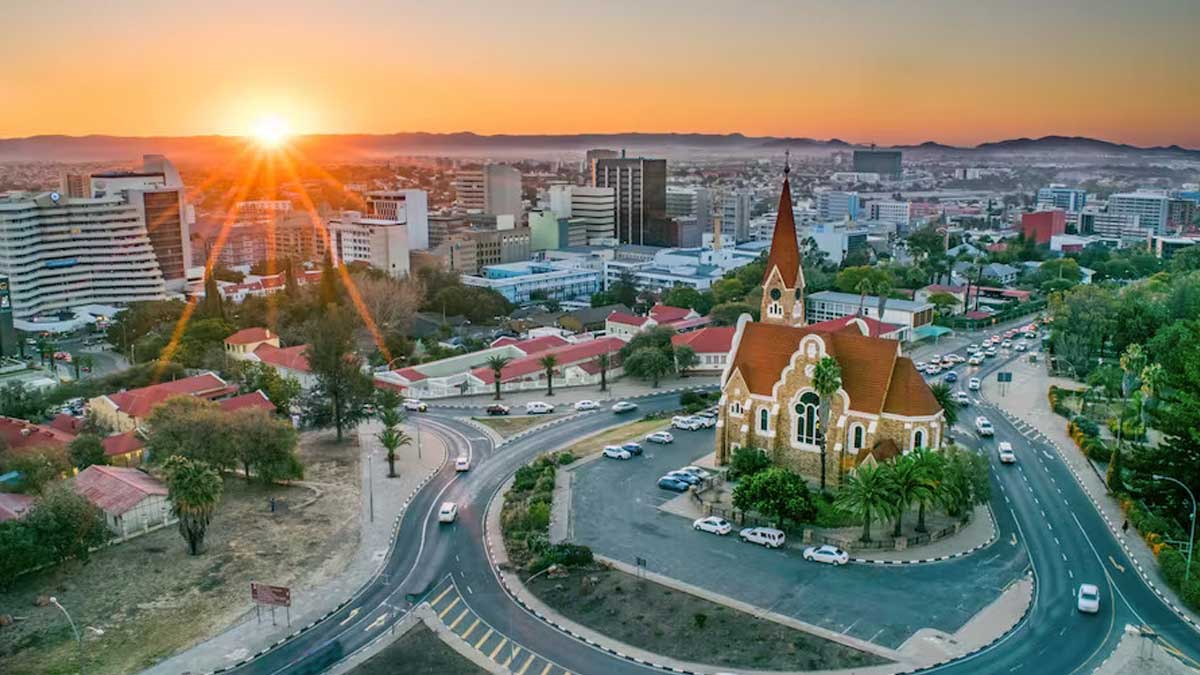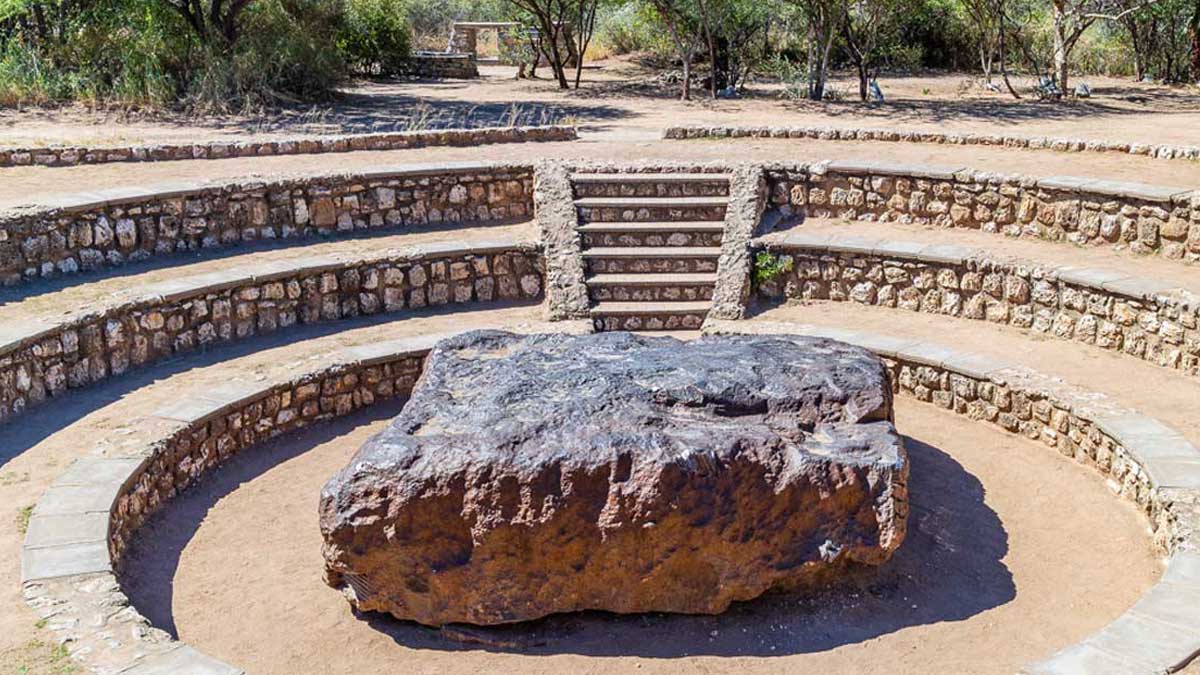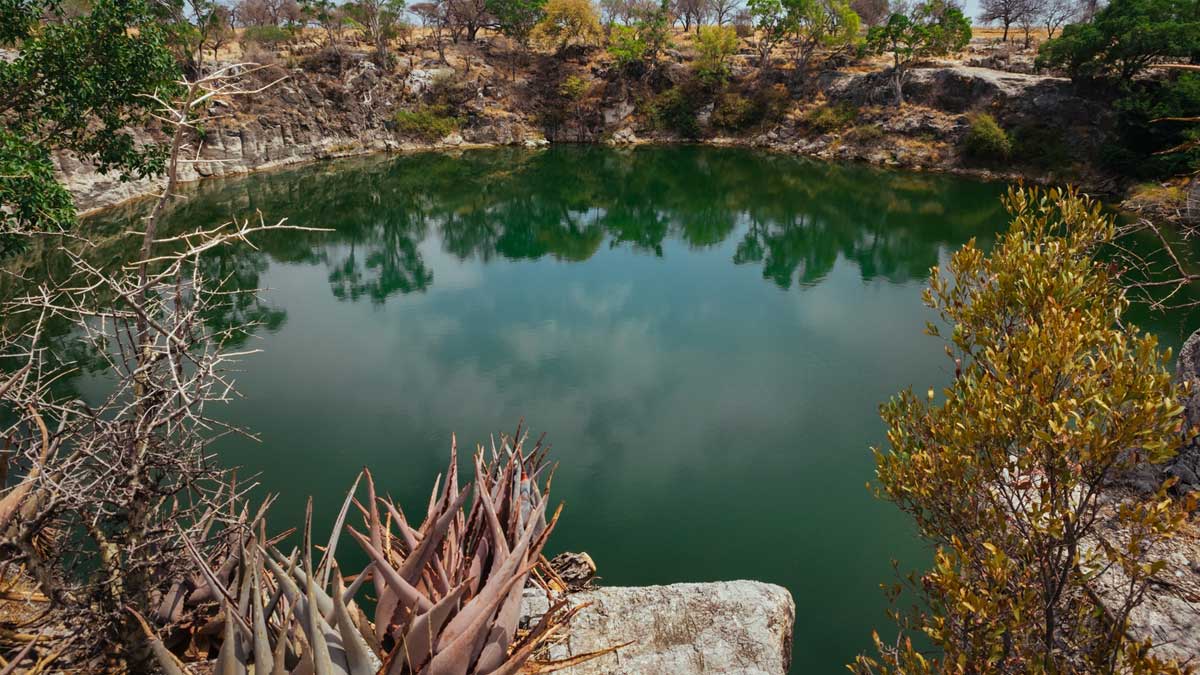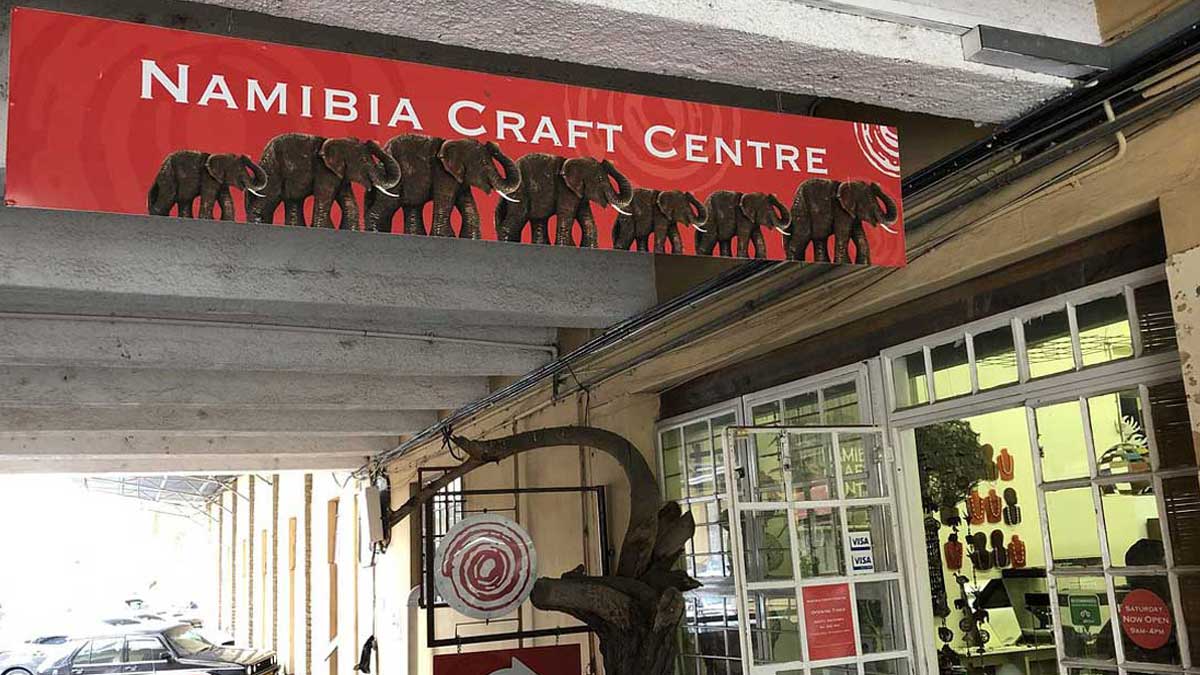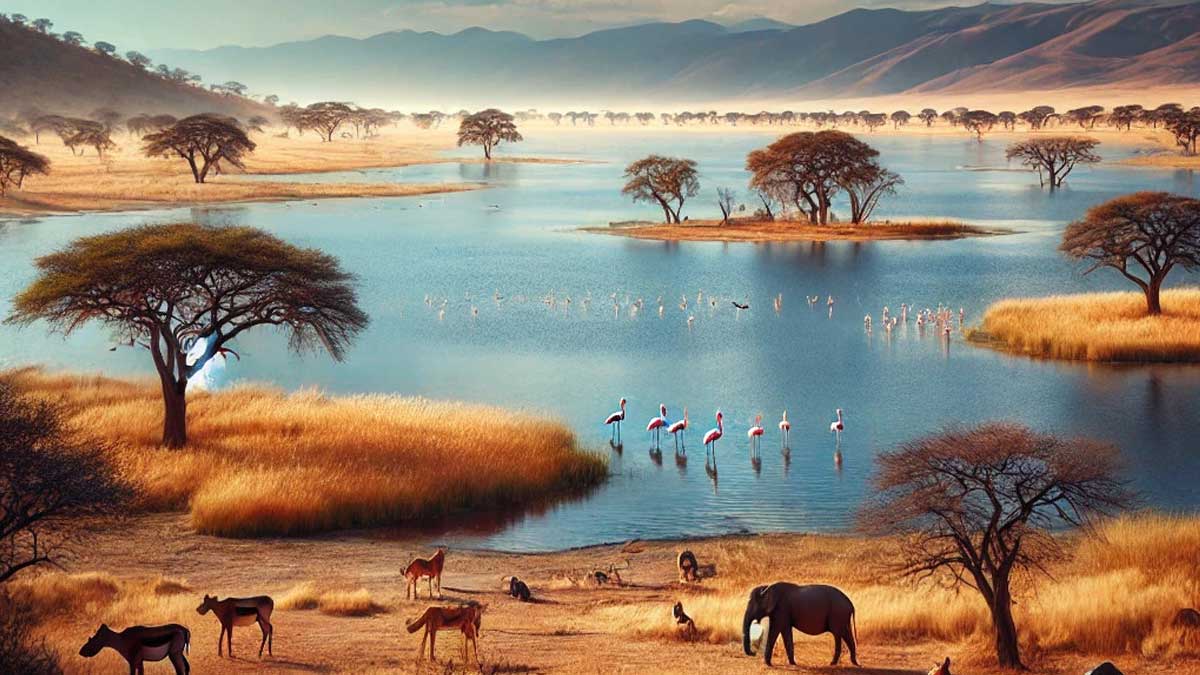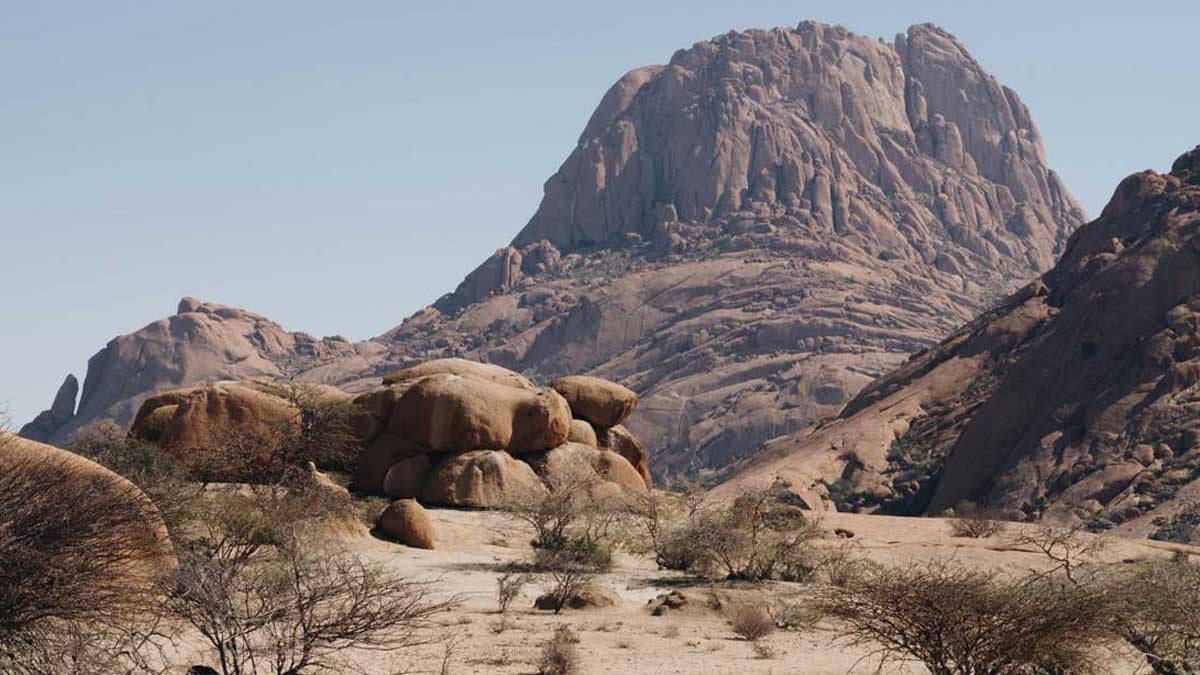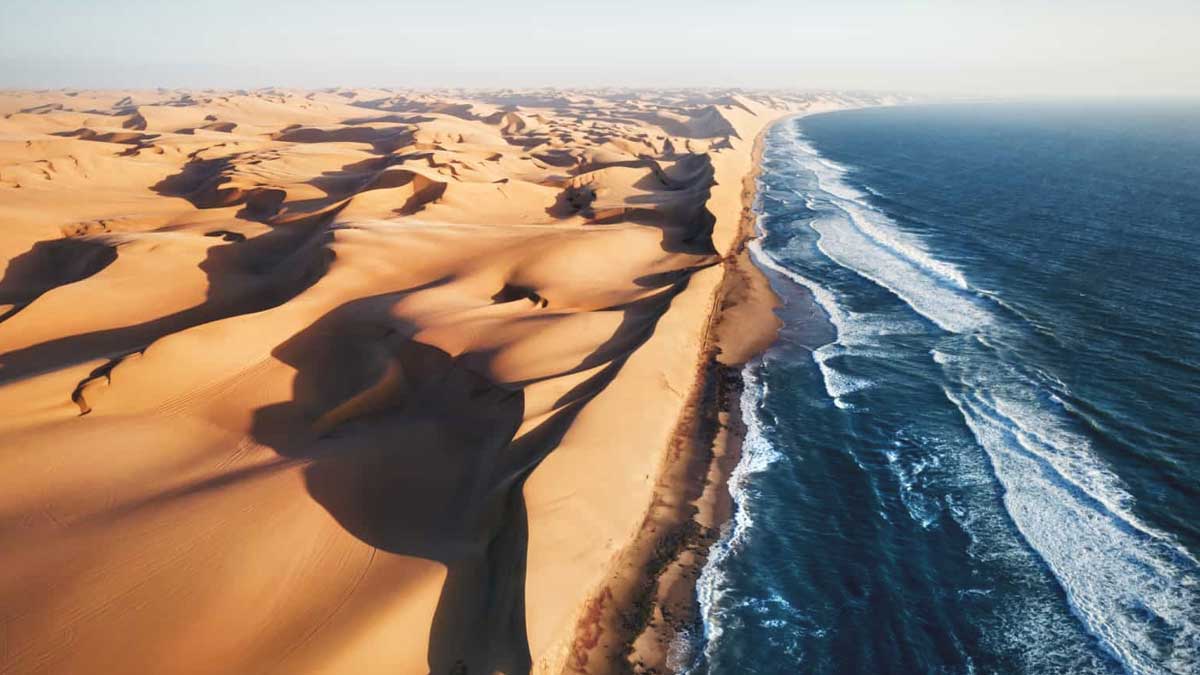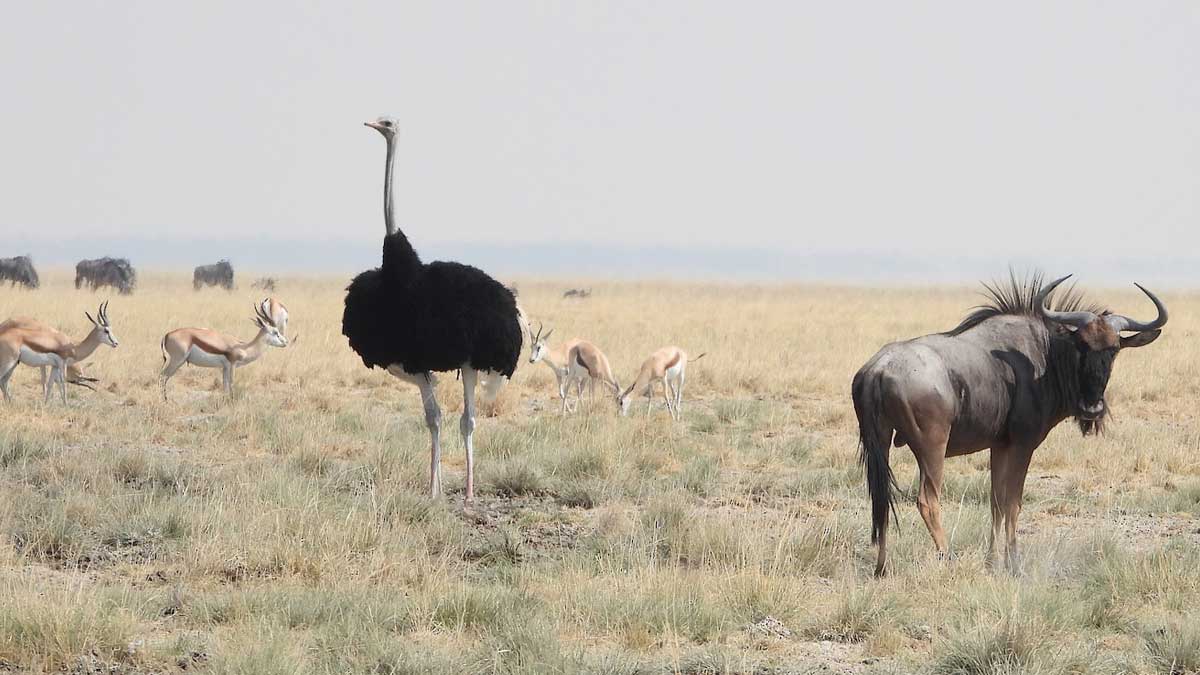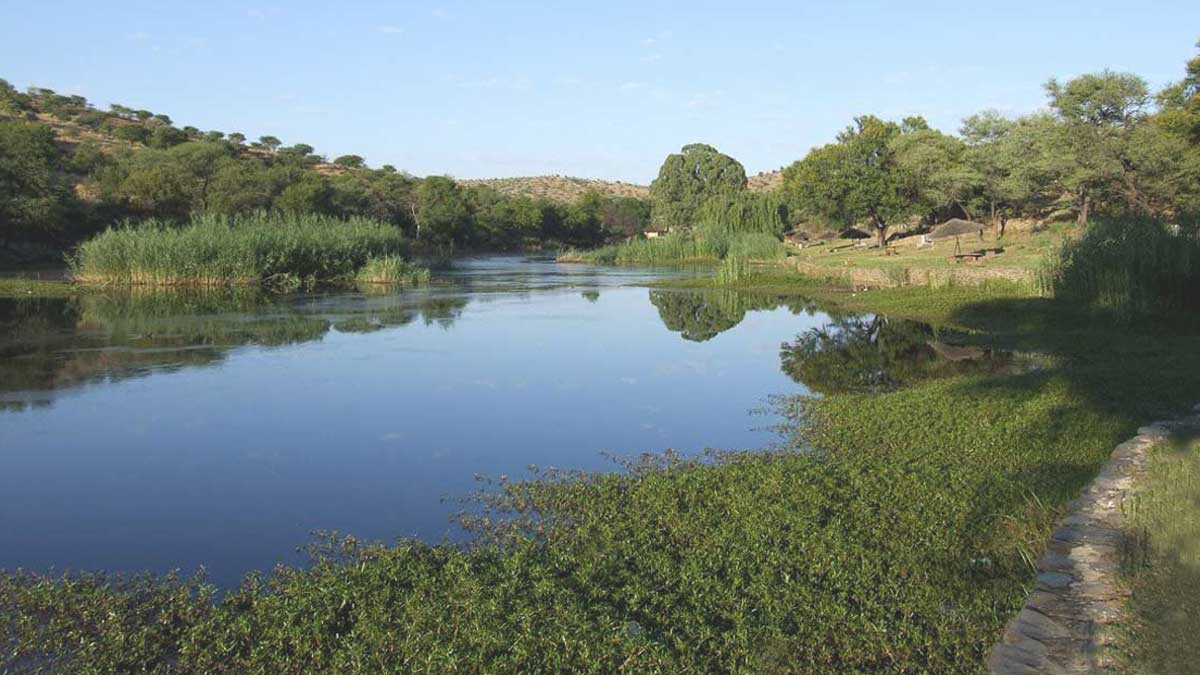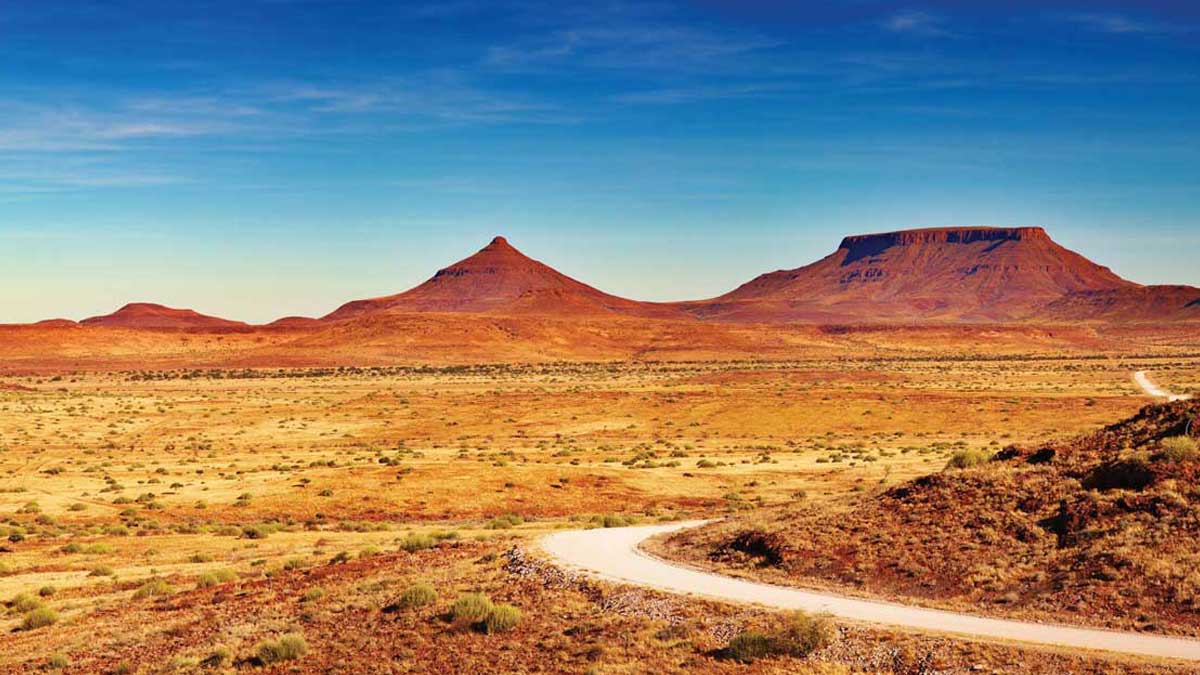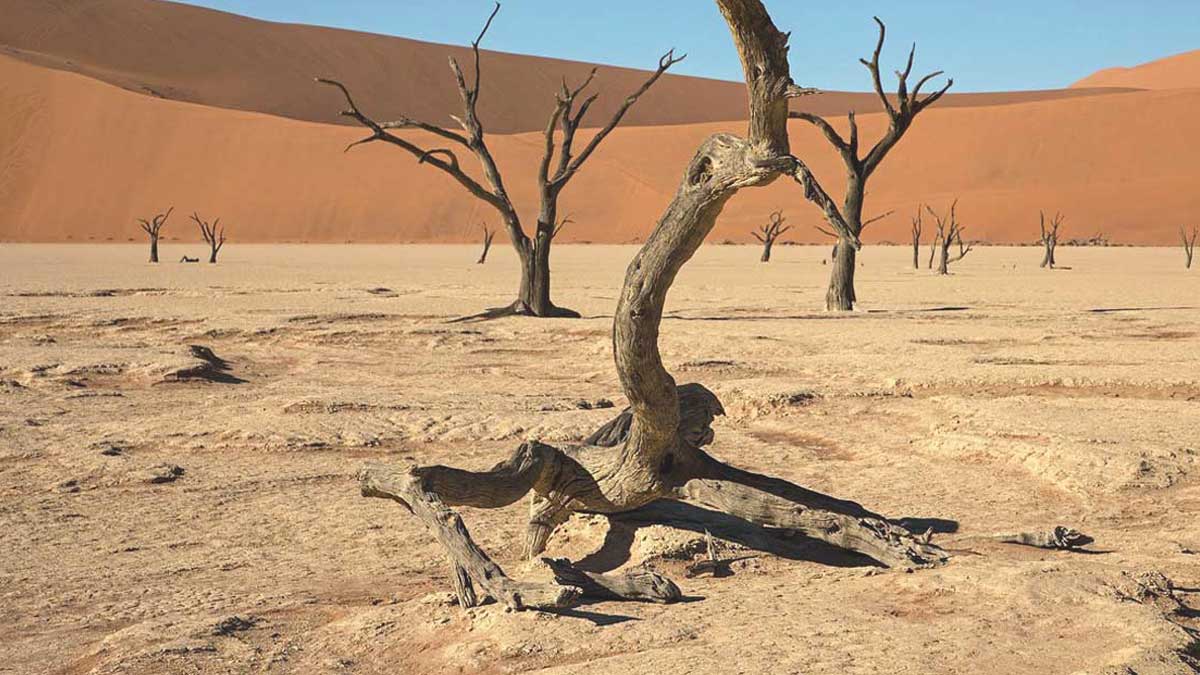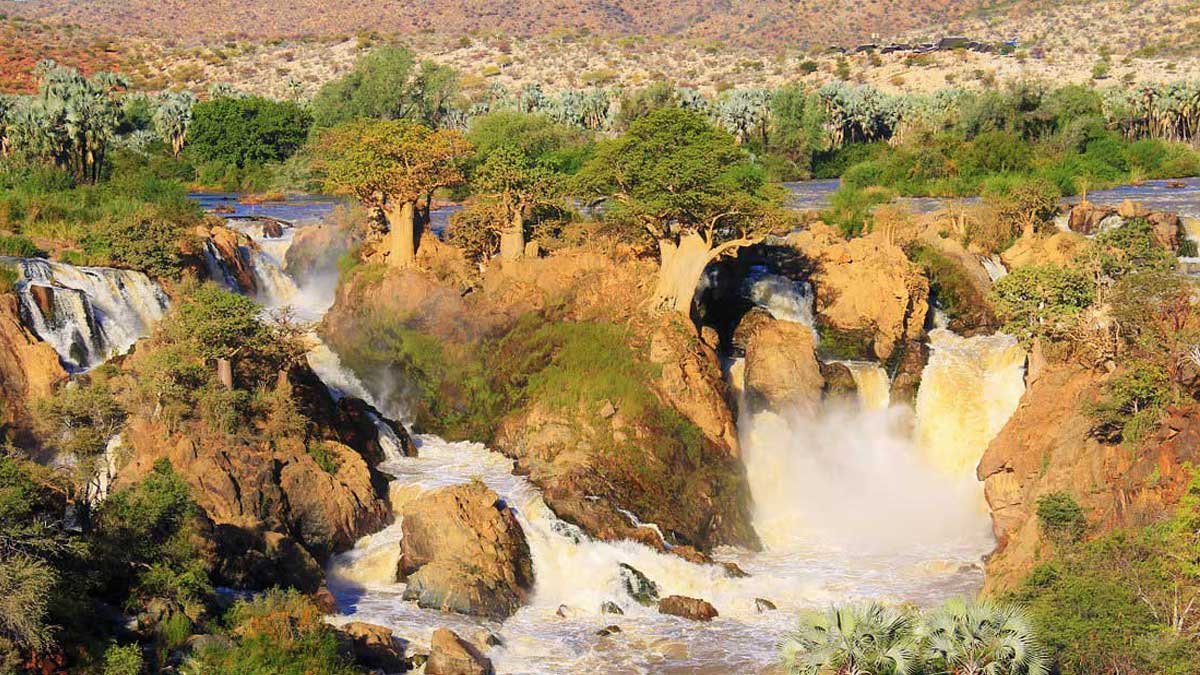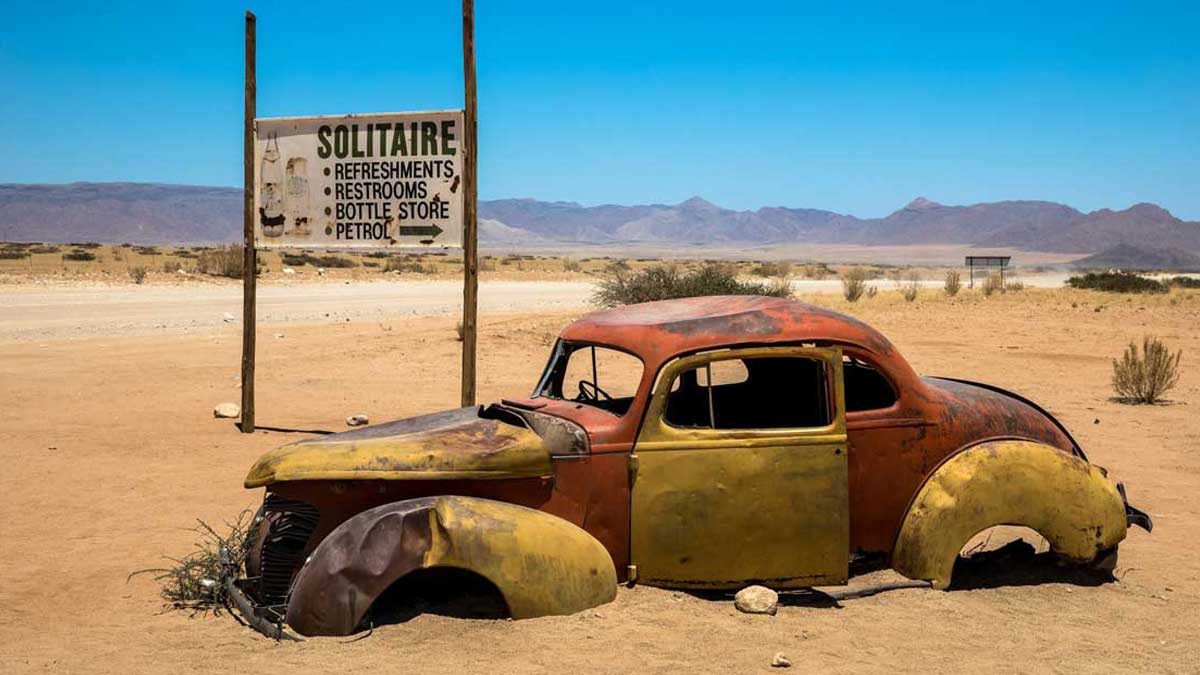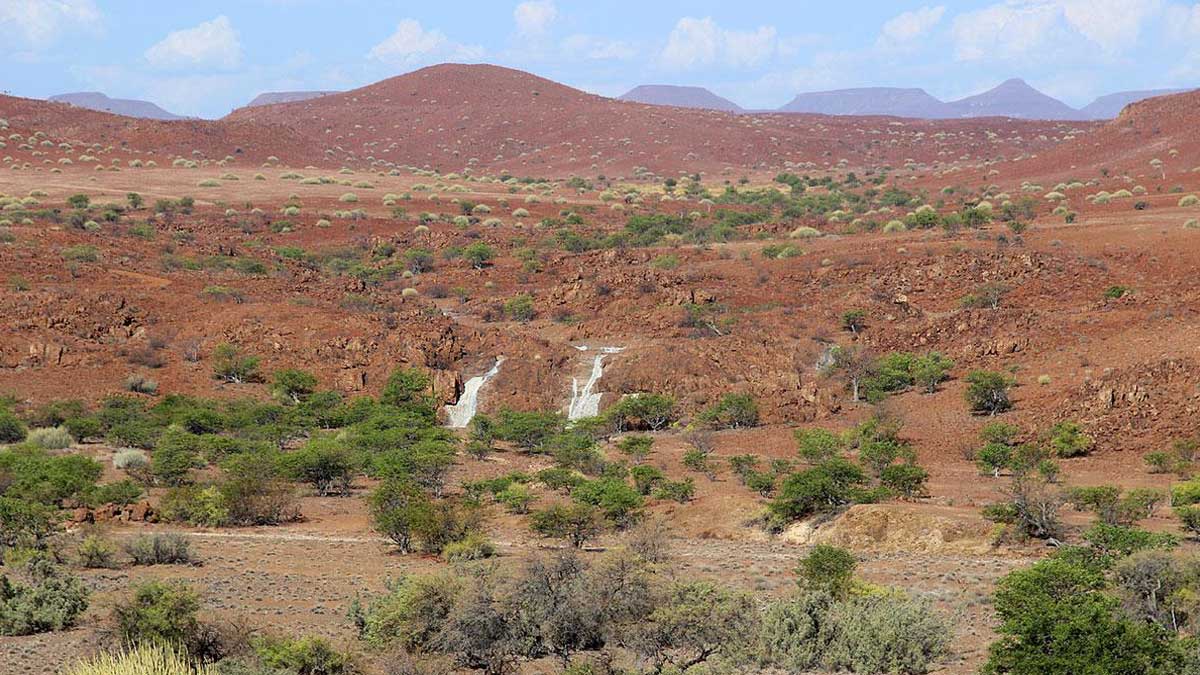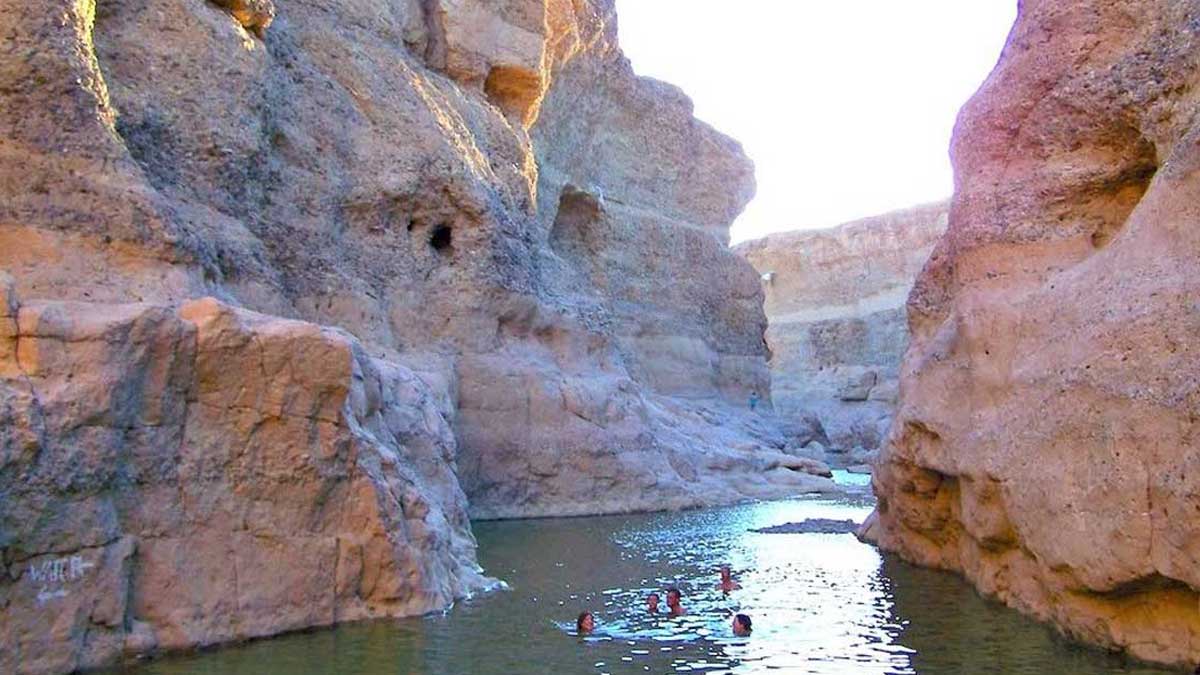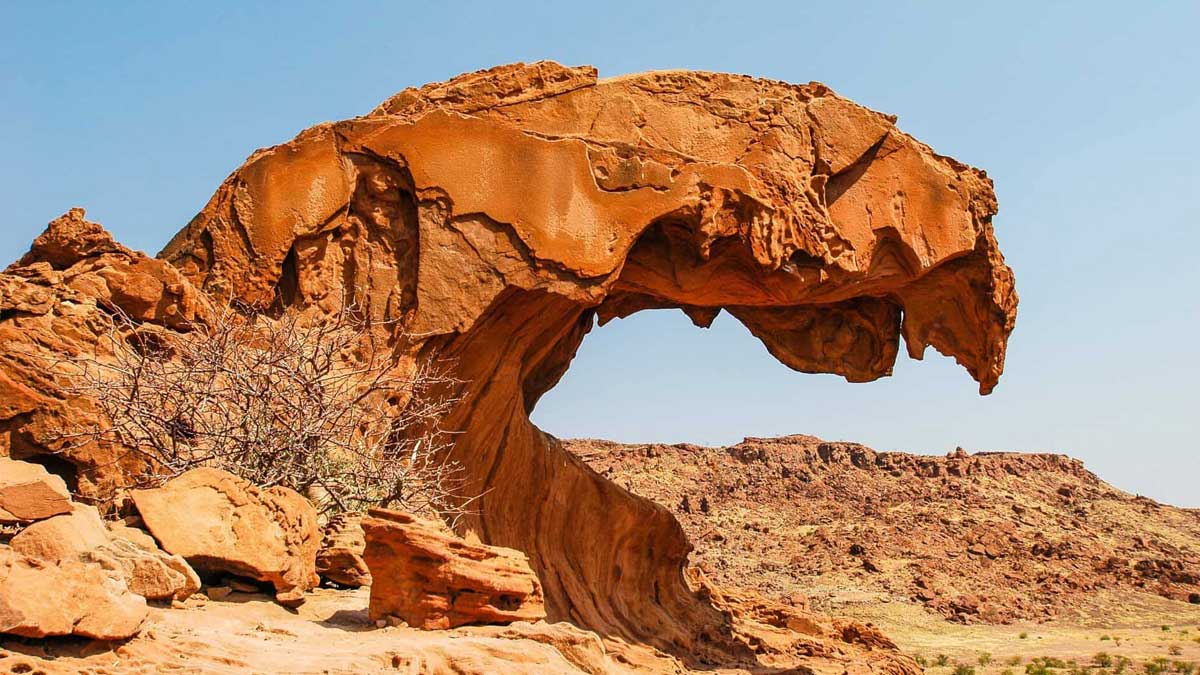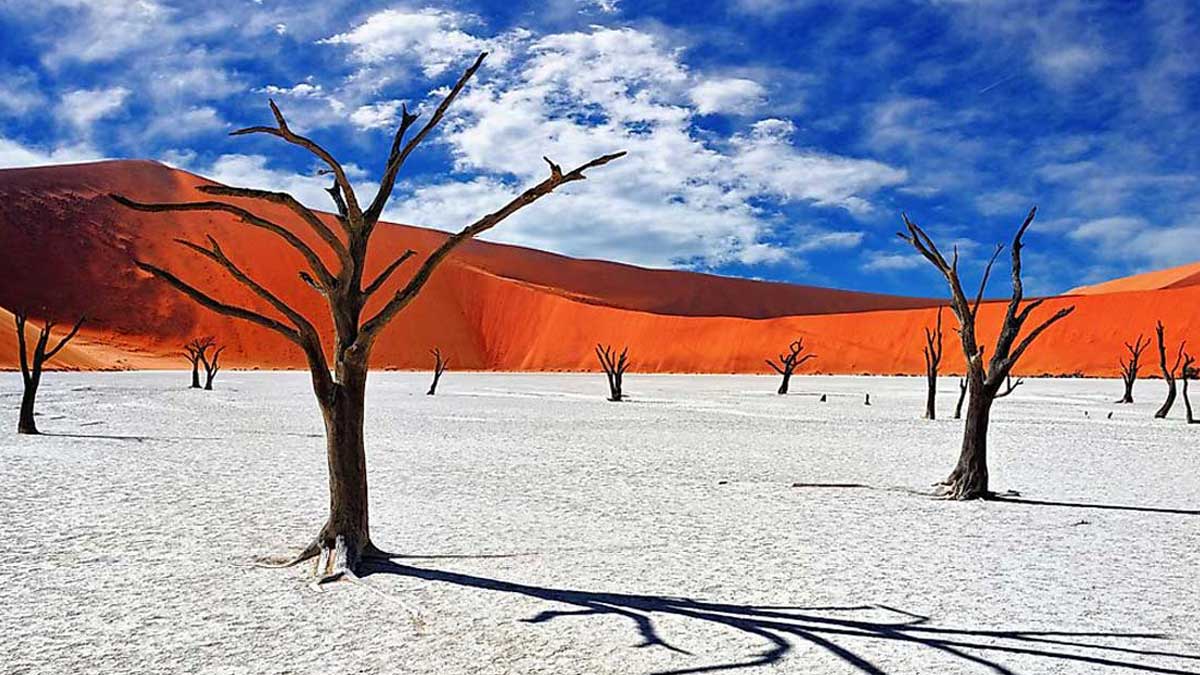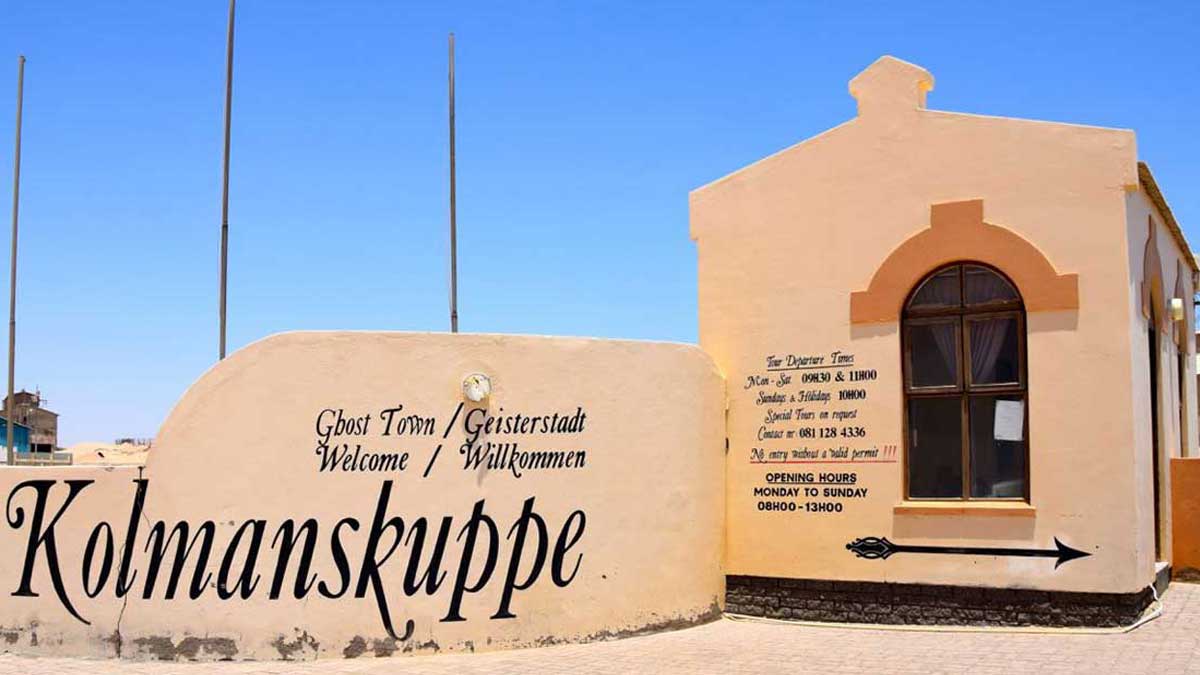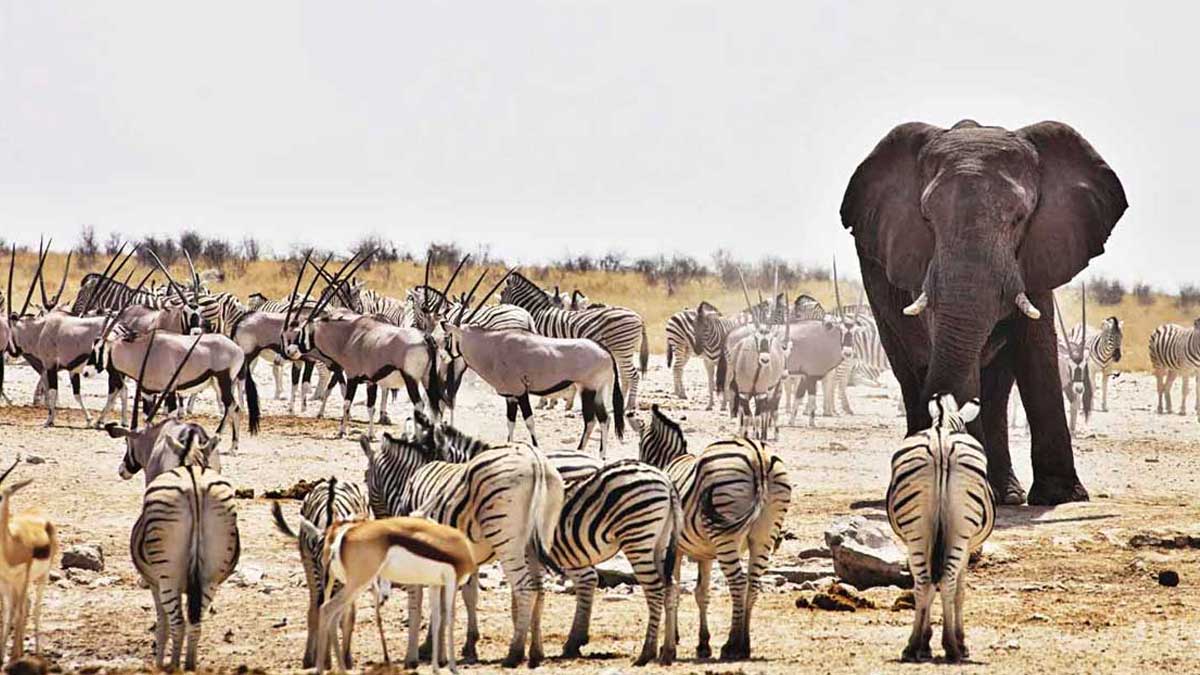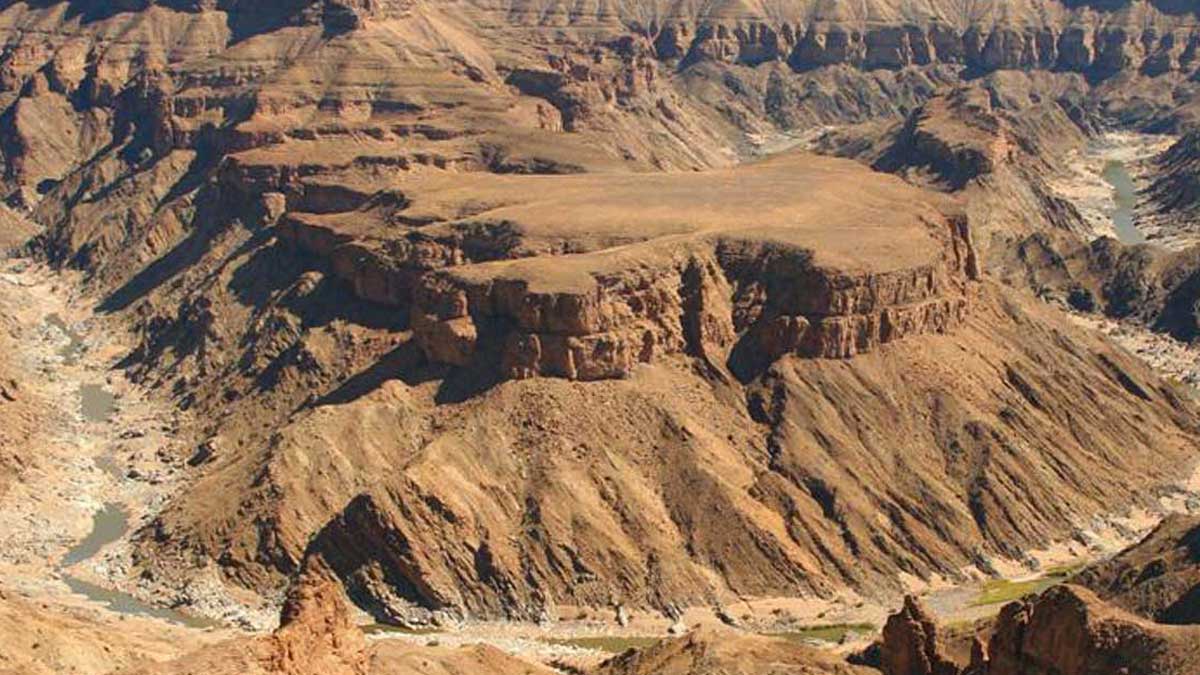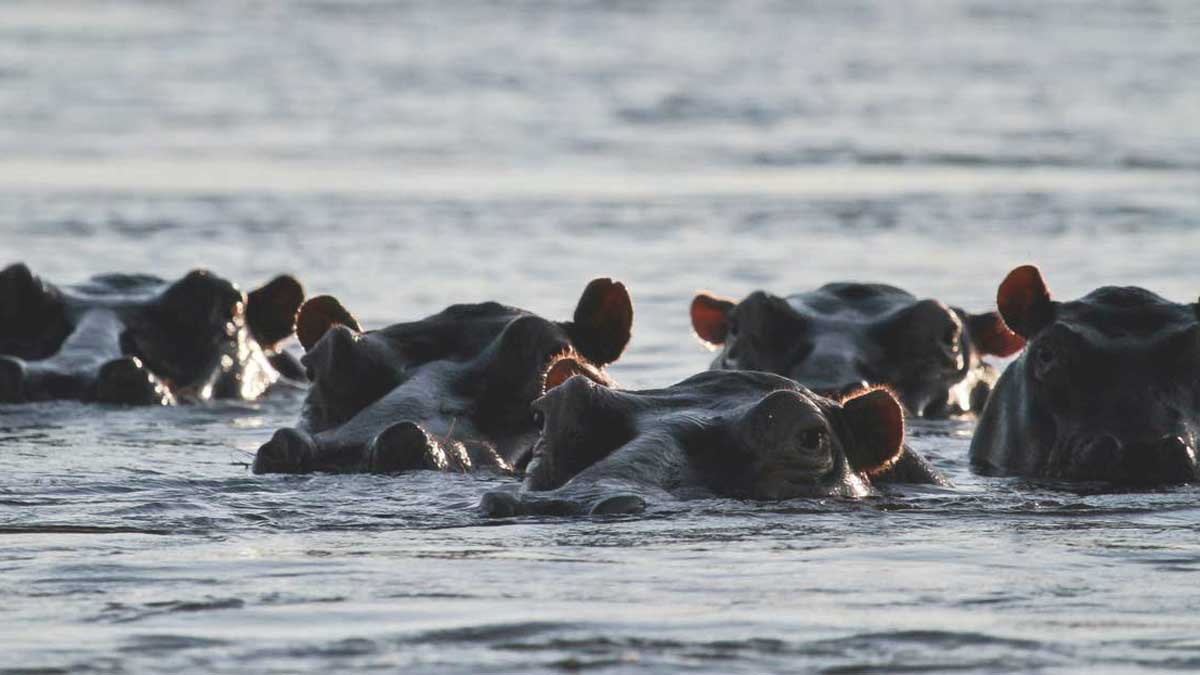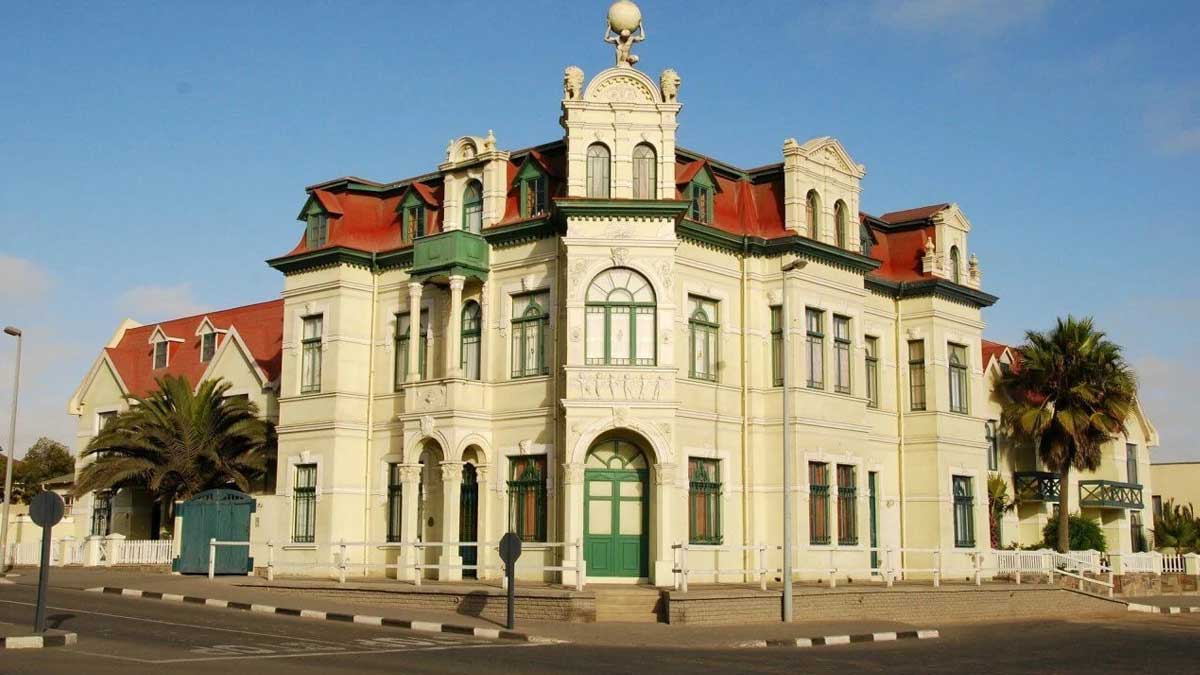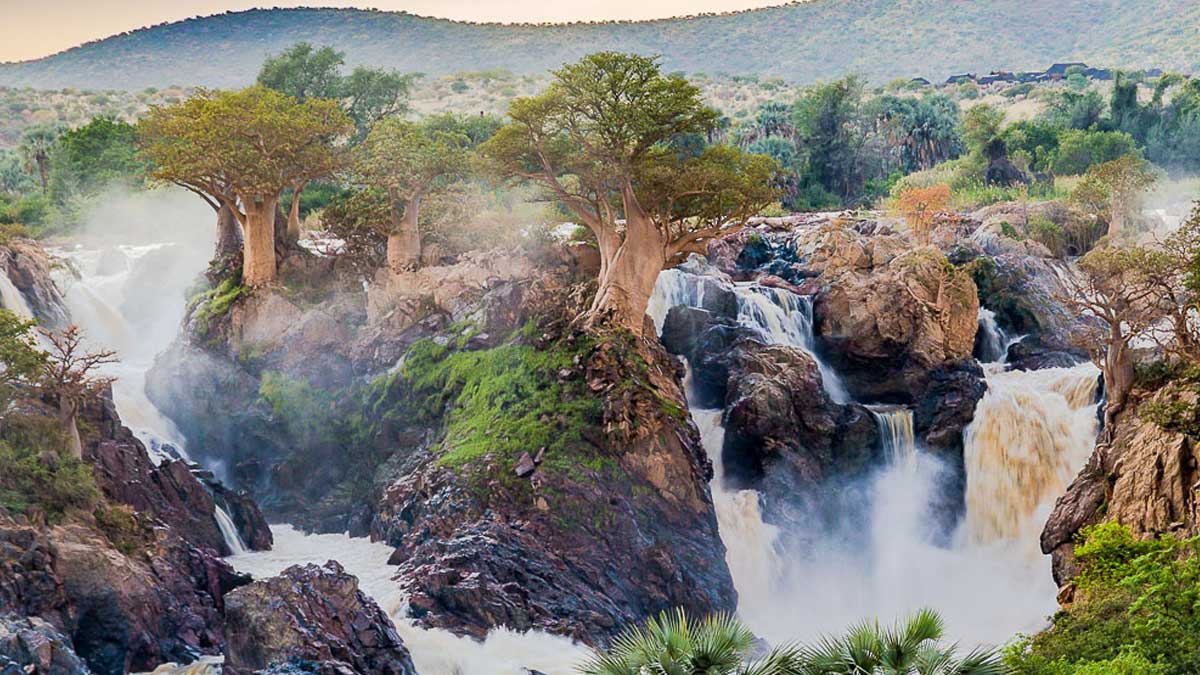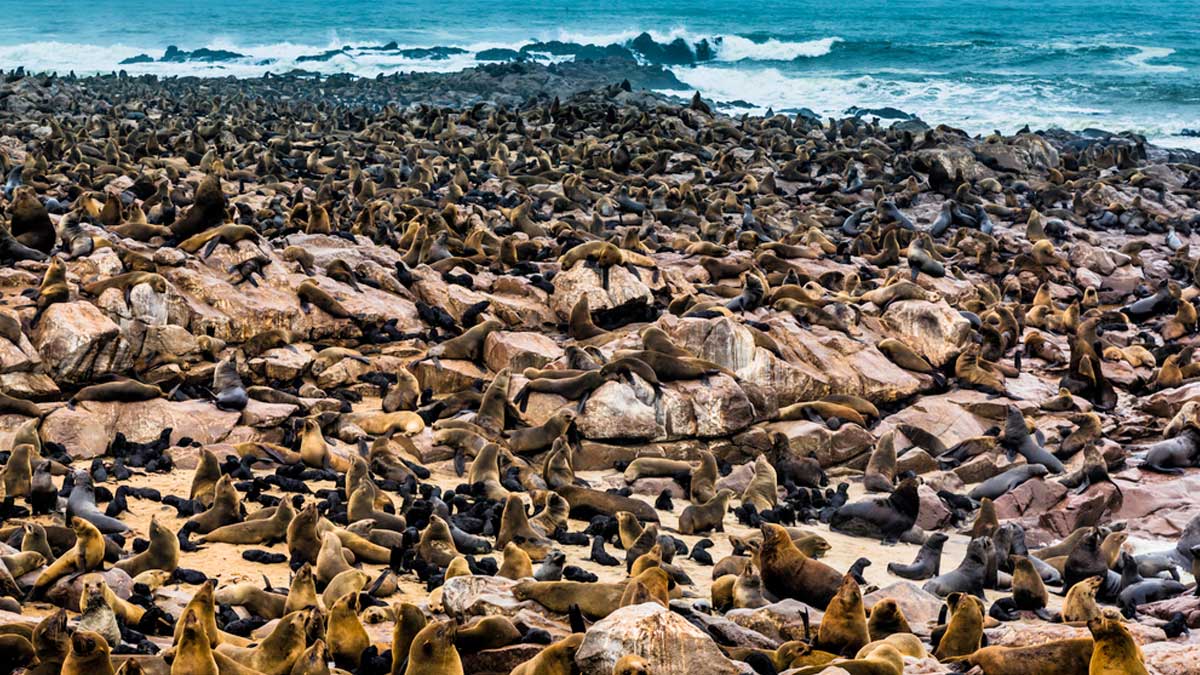Namibia, officially known as the Republic of Namibia, is a country located in southwestern Africa. Here is a brief overview of Namibian history:
Pre-Colonial Era:
The region that is now Namibia has a rich history dating back thousands of years. The San, Damara, and Nama people were among the indigenous groups who inhabited the area. These groups were hunter-gatherers and herders, with distinct cultural practices and languages.
German Colonization (1884-1915):
In the late 19th century, Namibia came under German colonial rule. It was known as German South West Africa during this time. The German colonial administration implemented policies that led to the dispossession of land from indigenous communities and the exploitation of natural resources. The Herero and Nama communities rebelled against German rule in what became known as the Herero and Nama genocide, one of the first genocides of the 20th century. Tens of thousands of Herero and Nama people were killed in brutal campaigns.
South African Rule (1915-1990):
During World War I, South African forces invaded and occupied German South West Africa. After the war, the League of Nations granted South Africa a mandate to administer the territory. South Africa maintained control over Namibia for several decades under apartheid policies, leading to social and economic inequalities among the population. The South West Africa People's Organization (SWAPO) emerged as a leading nationalist movement, advocating for independence and challenging South African rule.
Independence (1990-Present):
Namibia finally gained its independence on March 21, 1990, becoming the last African colony to achieve independence. Sam Nujoma, leader of SWAPO, became the country's first President. Since independence, Namibia has been working towards nation-building, democracy, and socioeconomic development. It has made progress in areas such as education, healthcare, and infrastructure development. Namibia has also played a role in regional affairs, participating in peacekeeping missions and promoting regional integration.
Namibian history is complex and diverse, shaped by colonization, resistance movements, and the struggle for independence. The country has made efforts to address historical injustices, promote reconciliation, and build a unified and inclusive society. Today, Namibia is known for its diverse cultures, stunning landscapes, and commitment to environmental conservation.
NamTrips | By Worry O.






